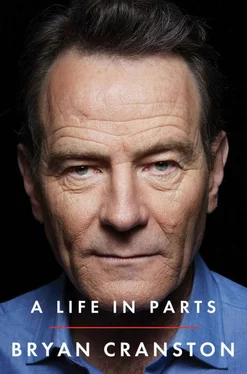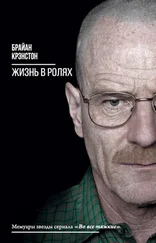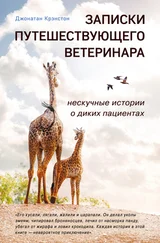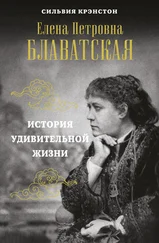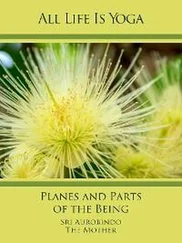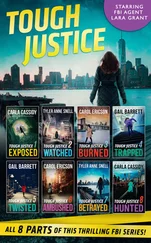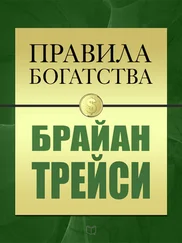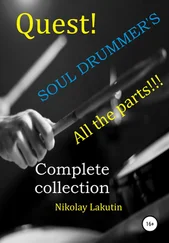Bryan Cranston
A LIFE IN PARTS
For Kyle and Amy: We made it. A life worth salvaging.
For Robin and Taylor: You made it a life worth living.
One man in his time plays many parts.
—William Shakespeare,
As You Like It
She stopped coughing. Maybe she’d fallen back asleep. Then suddenly vomit flooded her mouth. She grasped at the sheets. She was choking. I instinctively reached to turn her over.
But I stopped myself.
Why should I save her? This little junkie, Jane, was threatening to blackmail me, expose my enterprise to the police, destroy everything I had worked for, and wipe out the financial life preserver I was trying to leave my family—the only legacy I could leave them.
She gurgled, searching for a gasp of air. Her eyes rolled back in her head. I felt a stab of guilt. Goddamn it, she’s just a girl. Do something.
But if I stepped in now, wasn’t I just delaying the inevitable? Don’t they all at some point end up dead? And poor dumb comatose Jesse, my partner, lying beside her. She’s the one who got him on this shit in the first place. She’d kill them both, kill us all, if I stepped in now and played God.
I told myself: just stay out of it. When he wakes he’ll discover this tragedy—this accident—on his own. Yes, it’s sad. All death is sad. But he’ll get over it in time. He’ll get past this like every other bad thing that’s happened to us. That’s what humans do. We heal. We move on. A few months from now he’ll barely remember her. He’ll find another girlfriend, and he’ll be fine. Fuck it. We all have to move on.
I’ll just pretend I wasn’t here.
But I am here. And she’s a human being.
Oh God. What have I become?
And then, somehow, as she was fading, she wasn’t herself anymore. I wasn’t looking at Jane, or Jesse’s girlfriend, or the actor Krysten Ritter. I was looking at Taylor, my daughter, my real daughter. I wasn’t Walter White anymore. I was Bryan Cranston. And I was seeing my daughter die.
From the moment she was born in 1993—a bit premature, shy of seven pounds, impossibly beautiful—I felt an instant, radical, unconditional love that redefined love. I had never allowed myself to imagine losing her. But now, I was seeing it. Clearly. Vividly. She was slipping from me. She was dying.
That was not the plan. When I do the homework for such a delicate scene, I don’t make a plan. My goal when I prepare isn’t to plot out each action and reaction, but to think: What are the possible emotional levels my character could experience? I break the scene down into moments or beats. By doing that work ahead of time, I leave a number of possibilities available to me. I stay open to the moment, susceptible to whatever comes.
The homework doesn’t guarantee anything; with luck, it gives you a shot at something real.
It was real fear that gripped me—my worst fear. A fear I hadn’t fully expected or come to terms with. And my reaction is there, forever, at the end of that scene. I gasp, and my hand moves to my mouth in horror.
When the director, Colin Bucksey, said, “Cut,” I was weeping. Deep racking sobs. I explained to the people on set what had happened, what I had seen. Michael Slovis, our cinematographer, embraced me. My castmates, too. I remember in particular Anna Gunn, who played my wife, Skyler. I hugged her. I must have held on for five minutes. Poor Anna.
Anna knew. As an actor she has a fragility at her core, and she often had a hard time shedding her character’s emotions after shooting difficult scenes.
That will happen in an actor’s life, and it happened to me that day. It was the most harrowing scene I did on Breaking Bad , and really… ever.
It may seem odd. It may even seem ghoulish. To stand in a room packed with people and lights and cameras and pretend I’m letting a girl choke to death. And then to see my daughter’s face in lieu of that girl. And to call that work. To call that your job.
But it’s not odd to me. Actors are storytellers. And storytelling is the essential human art. It’s how we understand who we are.
I don’t mean to make it sound high-flown. It’s not. It’s discipline and repetition and failure and perseverance and dumb luck and blind faith and devotion. It’s showing up when you don’t feel like it, when you’re exhausted and you think you can’t go on. Transcendent moments come when you’ve laid the groundwork and you’re open to the moment. They happen when you do the work. In the end, it’s about the work.
Every day on Breaking Bad I’d wake up about 5:30 and have coffee, take a shower, get dressed. Some days I was so tired, I didn’t know whether I was coming or going.
I’d drive the nine miles from my condo in Nob Hill to Q Studios, five miles south of the airport in Albuquerque—ABQ as the locals call it. I’d be in the makeup chair by 6:30. I’d shave my head anew. Knock down the nubs. It didn’t take too long for makeup. By 7:00 a.m. we’d see everyone: the other actors, the crew. Then we’d start rehearsing.
The allotment was a twelve-hour shoot. Plus a one-hour lunch. So a normal day was thirteen hours. It was very rare that the day was shorter. Occasionally, it was longer. Some days went seventeen hours. A lot of it had to do with whether we were on location.
If it was just a minimum day, we’d wrap at 8:00 p.m. Then I’d grab a sandwich and apple for the road. I didn’t want to take the time to stop. I’d call my wife, Robin, from the car. How are you? Yeah, long day. I’d see how she was doing. I’d ask about Taylor. I’d still be talking to her when I walked into the house. I’d say goodnight and then have that sandwich while looking over what we were doing the next day. I’d take a hot bath with a little glass of red wine. Then I’d hit the sack.
But even before the drive home, every night after we finished, I’d go in the hair and makeup trailer and take two hot, wet towels that my friends in the makeup department had presoaked, and I’d drape one over my head and I’d wrap the other over my face. I’d sit in the chair and let everything soak off, feeling all the toxins drain away. I’d sit until the towels went cold against my face, leeching myself of Walter White.
That day I saw Jane die—that day I saw Taylor’s face—that day I went to a place I’d never been, I opened my eyes and stared through the scrim of the white towel into the light above. I’d put everything, everything, into that scene. All the things I was and all the things I might have been: all the side roads and the missteps. All the stuttering successes and the losses I thought might sink me. I was murderous and I was capable of great love. I was a victim, moored by my circumstances, and I was the danger. I was Walter White.
But I was never more myself.
My parents met like most people do: in an acting class in Hollywood.
My mother was born Annalisa Dorthea Sell, but she was always called Peggy. Peggy was an impulsive girl, fun-loving, a flirt. In her youth she had a genuine innocence about her. She was one of those blond, blue-eyed cuties always told she ought to be in the movies. And so after a two-year stint in the Coast Guard and a failed starter marriage to a man named Easy, she left Chicago for Los Angeles, the land of empty promises, and she flung herself into auditions and acting lessons.
The litany of states where my dad, Joseph Louis Cranston, grew up was so long I could never quite remember them all: Illinois, Texas, Florida, California, New York. As a kid, I imagined that he hailed from a family of grifters. Only outlaws could be so… rootless. Being the new kids in school every few months, my dad and his brother Eddie were often picked on, so my grandfather taught them how to fight. Not street brawling, but the acceptable method, in the boxing ring. The Cranston boys had the gift. My father earned a boxing scholarship to the University of Miami. He fought up and down the East Coast—in and out of the ring. In all my early memories, my dad was scrapping with someone or something.
Читать дальше
